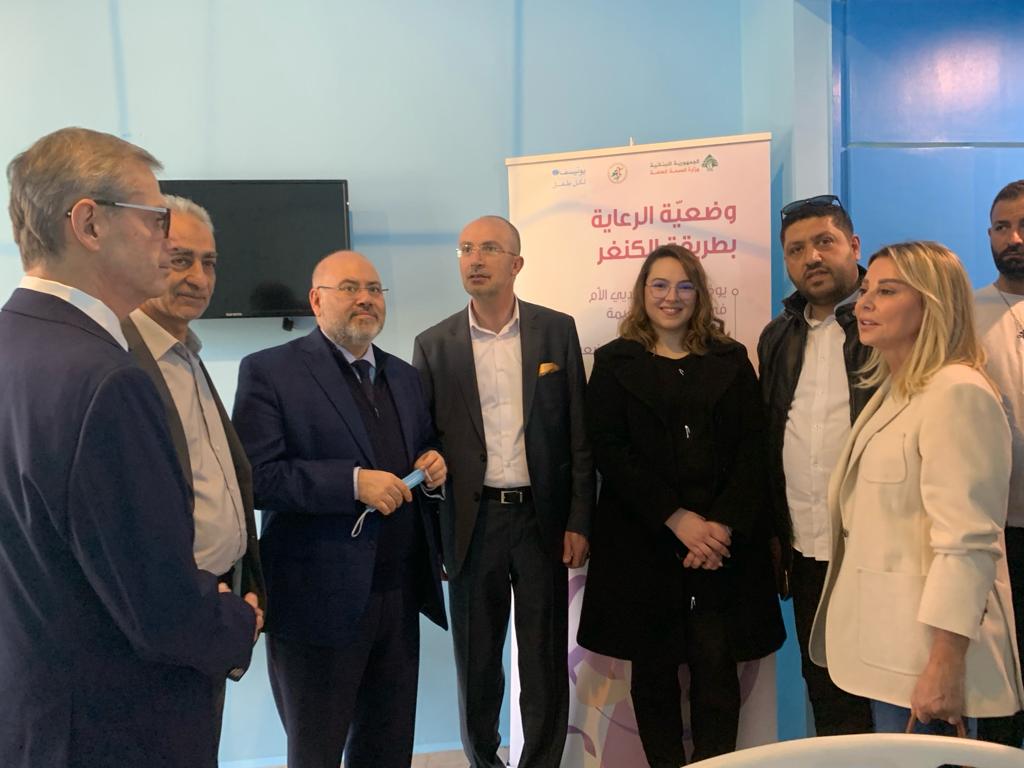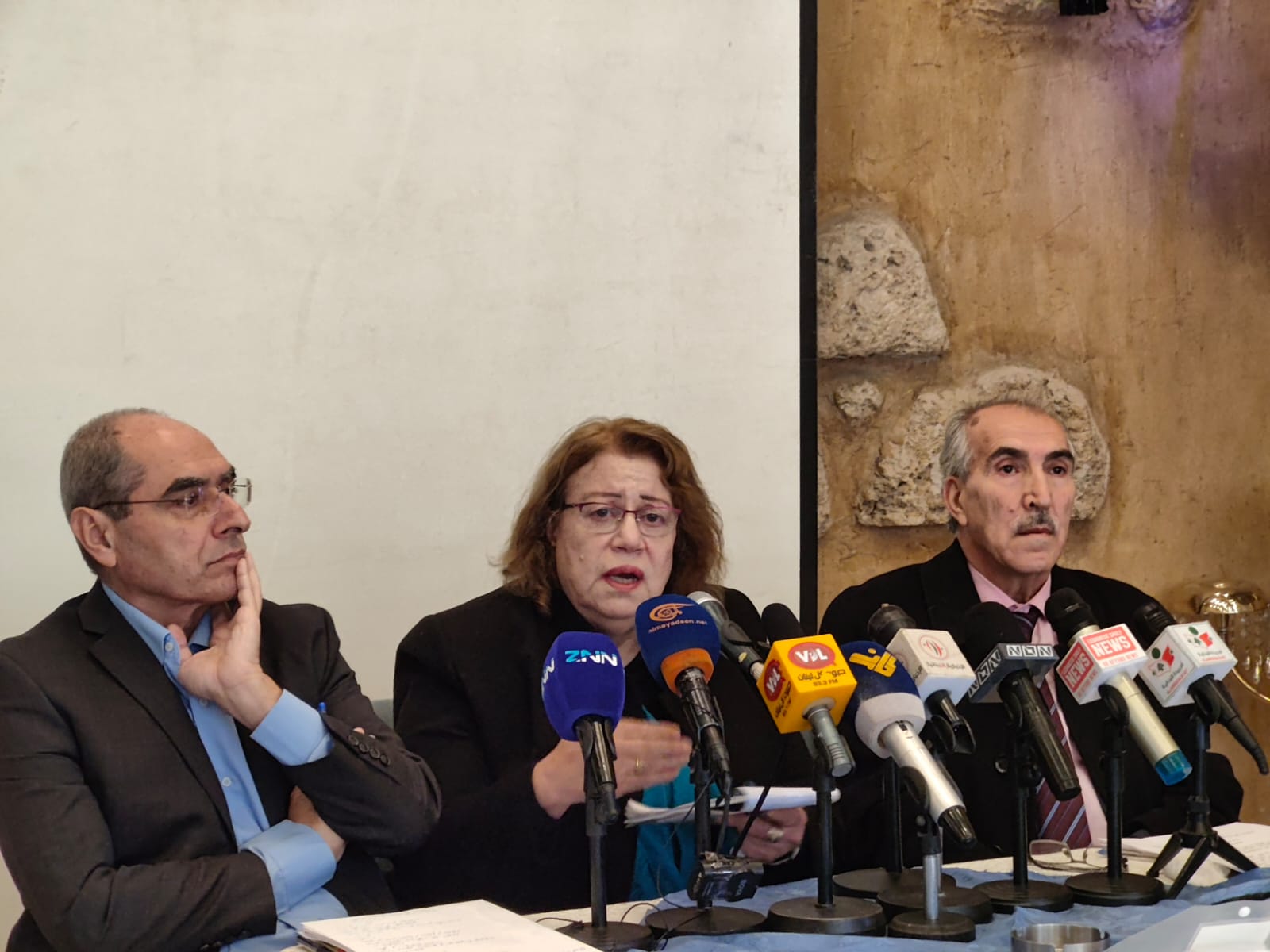Health Minister Unveils Newborn and Premature Care Intensive Unit at Baalbek Governmental Hospital
During a regional tour, Dr. Firas Al-Abyad, the Minister of Health in the caretaker government, inaugurated the Neonatal Intensive Care Unit and the Premature Babies Section at Baalbek Governmental Hospital, funded by the Embassy of the Czech Republic in Lebanon. Several political, administrative, security, and medical figures participated in the ceremony, including Deputy Ali Al-Maqdad, Baalbek-Hermel Governor Bashir Khodr, Czech Ambassador Jiri Dolezel, and Baalbek Hospital Director Dr. Abbas Shoker.
After an extensive explanation by Dr. Khaled Younes regarding the nurse training program conducted at the American University of Beirut Medical Center (AUBMC), Al-Abyad commended the project aimed at enhancing healthcare services for newborns and premature babies in government hospitals. This initiative encompasses equipment provision, training, and collaboration with educational hospitals. He emphasized its implementation across various hospitals in Baalbek, Zahle, Tripoli, Halba, reflecting efforts made by hospital administrators on the frontline amid economic crises. He expressed satisfaction with the high preparedness observed in the visited hospitals compared to the decline witnessed in some other Lebanese hospitals.
Al-Abyad expressed gratitude to the Czech Embassy and the Czech Republic for their support to Lebanon’s healthcare sector, fostering deeper bilateral relations. He also thanked the American University, UNICEF, Rafik Hariri Hospital, the Military Hospital, and SIR charity for their continuous partnership and collaboration in this ongoing project. He acknowledged the efforts of the MPs and the Parliamentary Health Committee, represented by Dr. Ali Al-Maqdad, in supporting the initiative.
Furthermore, Al-Abyad discussed other projects aiming to develop the healthcare sector in underprivileged areas, such as the establishment of new departments for cancer patients in six hospitals with support from the Qatar Red Crescent, the expansion of the kidney department at Baalbek Hospital, and the upgrading of Harbata Hospital. He highlighted that the Cabinet is responsible for compensating hospitals on the frontline with 150 billion Lebanese pounds, stressing Lebanon’s part in the ongoing crisis in Gaza and the region, emphasizing the need to sustain aid patterns. He announced aspirations to improve services in peripheral governmental hospitals and intentions to open new departments with each visit.
On his part, Dr. Abbas Shoker, the Director of Baalbek Hospital, praised the opening of the Neonatal and Premature Babies Section as a significant achievement in providing healthcare services to citizens. He lauded the collaboration with the Czech Embassy, the American University, and UNICEF, contributors to equipment provision and training over two years. He expressed relief at the support offered by altruistic hands to the needy amidst challenging economic conditions, urging further support to ensure the continuity of healthcare and humanitarian work.
In his speech, Deputy Ali Al-Maqdad highlighted significant healthcare advancements in the Baalbek-Hermel region, noting the evident contrast between the situation in 2005 and the present. He described the section’s inauguration as a pivotal achievement, commemorating World Prematurity Day, and reminiscing about the plight of children killed in Gaza without proper burials.
Finally, Czech Ambassador Jiri Dolezel thanked Minister Al-Abyad and the governmental hospital for executing the project, reflecting Czechia’s commitment to supporting Lebanon’s healthcare sector. He announced the donation of an ambulance to the hospital and pledged to continue assisting five other hospitals in the north, in addition to Rafik Hariri Hospital and the Military Hospital.












Digital Media Specialist
[Phd in Economics]
[BA in Law]
[+961 3 0 18 19 0]
[M.Ismail@imediatechs.com]












